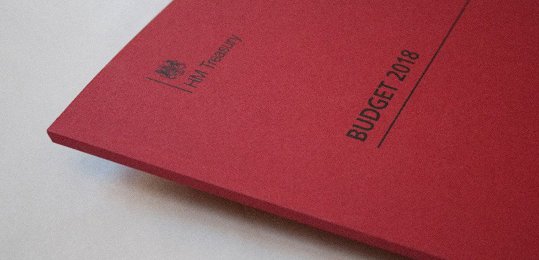With the tax return deadline behind us and not long to go until the new tax year begins, this is an ideal time to consider the available tax allowances and if this is something you can make use of.
Individual Savings Accounts (ISAs)
Currently, the maximum you can save in ISAs is £20,000. There are four types of ISA: cash ISAs, stocks and shares ISAs, innovative finance ISAs and lifetime ISAs. You can put money into one of each kind of ISA each tax year up to the maximum. You do not pay tax on interest on cash in an ISA or income/capital gains from investments in an ISA and any allowance not used by the end of the tax year cannot be carried over. Junior ISAs are available for those under 18 and have a savings limit of £4,260.
The ISA allowance for 2019-20 is to stay at £20,000, however the Junior ISA threshold is increasing to £4,368.
Pension Contributions
Pensions can be a tax-efficient form of saving as any contributions that are paid into your pension (by you, your employer and anyone else) are tax free up to certain limits. These are:
- 100% of your annual earnings
- the annual allowance of £40,000
- the lifetime allowance of £1 million
You get the tax relief automatically at source in all personal and stakeholder pensions as your pension provider claims tax relief for you at a rate of 20% and adds it to your pension pot (‘relief at source’).
You can also carry forward unused allowances from the previous three years as long as you were a member of a pension scheme during those years.
Capital Gains Tax allowance
Capital Gains Tax has an annual allowance where a set amount of gain can be made before any tax will be due on it. This is £11,700 for 2017-18 and is going up to £12,000 in 2019-20. Any allowance not used by the end of the tax year cannot be carried over.
Other allowances
- Tax-free savings: if you are a basic rate taxpayer, you have a personal savings allowance of £1,000 (£500 if you are a higher rate taxpayer). You could also be eligible for a further £5,000 savings starter rate, depending on your income.
- Dividends: the first £2,000 of dividends received are taxed at a rate of 0%. This amount is not changing in 2019/20.



